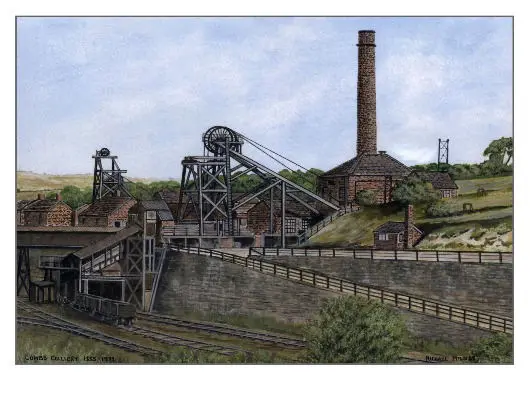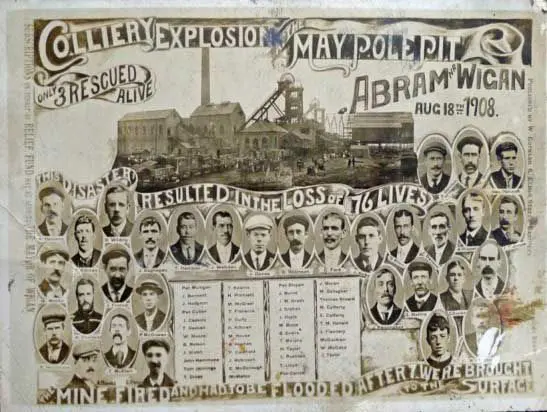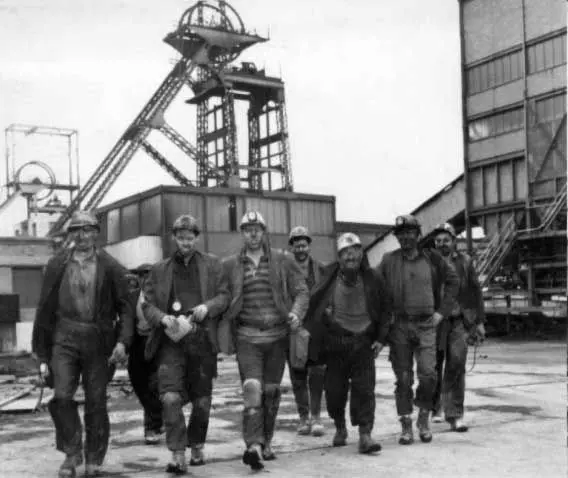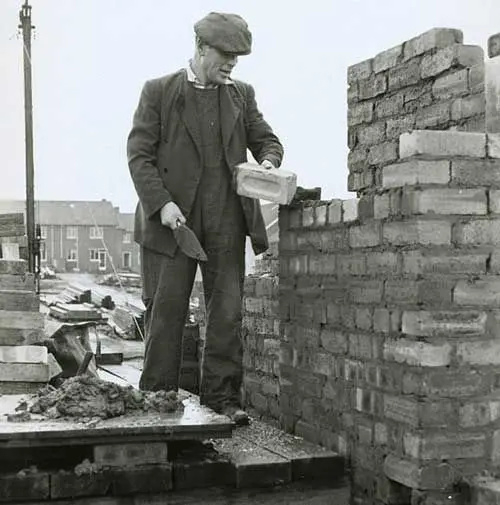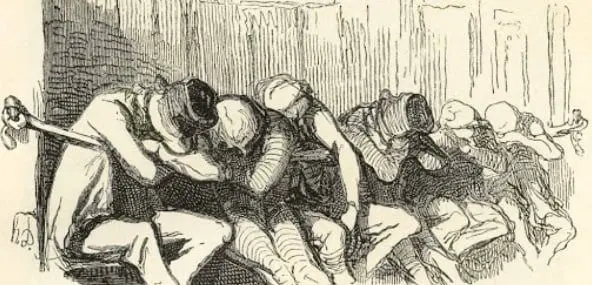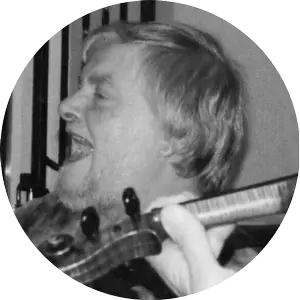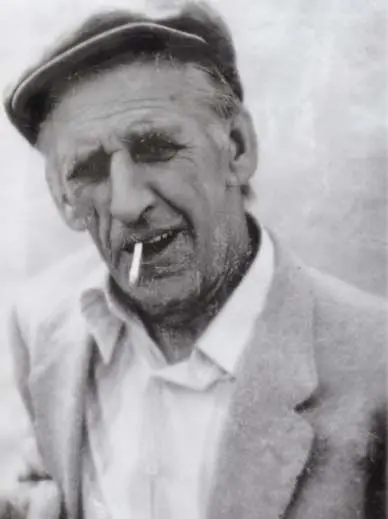
Bob Woodhead
'Batley Bob' Woodhead
I first met Bob Woodhead in ‘the snug’ at one of the ‘Sunday Night at the Vic’ sing-a-long sessions in the early 1970s.
‘The Snug’ of the Victoria Hotel, Bradford Road, Carlinghow, Batley was out of bounds to non-performers on a Sunday night. Anyone who entered the room had to contribute to the evenings entertainment by singing a song, giving a recitation, or telling a tale. Bob was one of the performers there and I immediately struck up a friendship with him.
At the time Bob, an ex-miner, was working as a biscuit machine operative at Fox’s Biscuits in Batley.
Bob had many songs and ditties notably, ‘The Rose, the Thistle and the Shamrock Green’, ‘The Land of the Harp and Shamrock’, (For the words to these, see The Batley Irish Connection pdf), as well as ‘The Orderly Man’, ‘The Maypole Mine’, and ‘McCarthys Lodging House’, all three of which are included below.
He had learnt them mainly from his father Herbert, who like Bob was an ex-miner, of Irish descent from County Mayo, but had also been a stone quarrier and on his retirement was gravedigger at Batley Cemetery.
